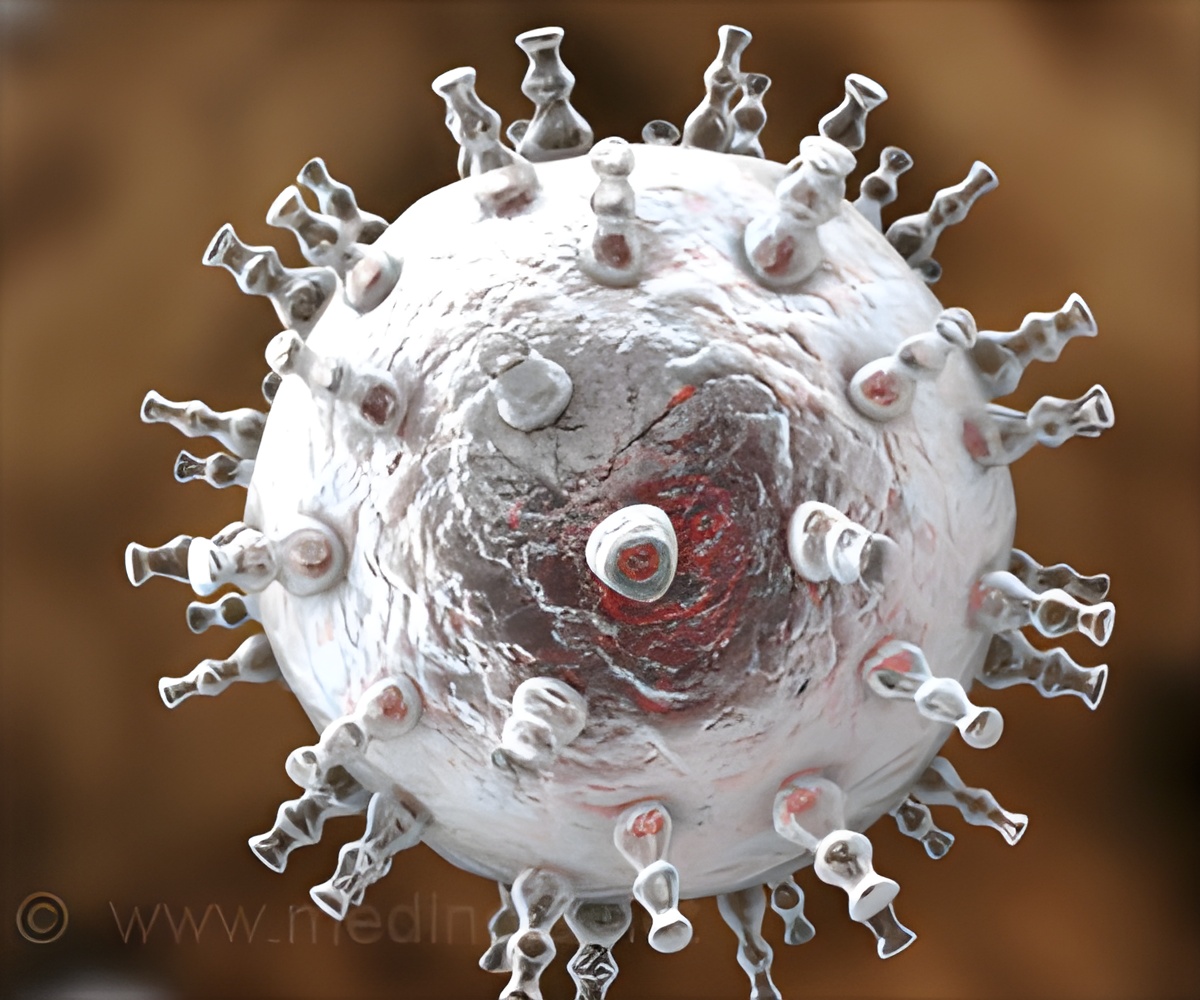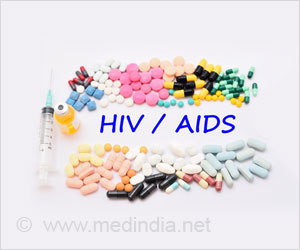The anti-inflammatory properties of statins and their potential effects on blood clot formation could help reduce HIV-associated comorbidities.

‘The effects of HIV-related chronic immune activation on the arterial lining and vascular smooth muscle may promote the development of atherosclerosis and plaque formation that can lead to cardiovascular disease.’





Leonardo Calza and coauthors from University of Bologna (Italy), have shown that statins, which are commonly prescribed to lower blood lipid levels, can also significantly reduce the concentration of D-dimer, a marker of coagulation, and of two markers of inflammation known as interleukins (IL-8 and IL-10) in HIV-infected individuals. The anti-inflammatory properties of statins and their potential effects on blood clot formation could help reduce HIV-associated comorbidities such as cardiovascular disease. The researchers present their findings in the article entitled "Significant Decrease in Plasma Levels of D-Dimer, Interleukin-8, and Interleukin-12 After a 12-Month Treatment with Rosuvastatin in HIV-Infected Patients Under Antiretroviral Therapy."
In the article "Lower Frailty Is Associated with Successful Cognitive Aging Among Older Adults with HIV," Lindsay Wallace and coauthors from Dalhousie University (Halifax, Canada), University of Modena and Reggio Emilia (Modena, Italy), and University of California San Diego, identified factors associated with better cognitive function among HIV-infected individuals 50 years of age or older being treated with combination antiretroviral therapy. The researchers found that study participants who scored lower on a frailty index were less likely to have neurocognitive impairment.
Heather Grome and colleagues from Vanderbilt University Medical Center (Nashville, TN), report on the role that persistent T-cell and macrophage activation in HIV-infected adults on combination antiretroviral therapy may have on the function of arterial blood vessels.
The effects of HIV-related chronic immune activation on the arterial lining and vascular smooth muscle may promote the development of atherosclerosis and plaque formation that can lead to cardiovascular disease. The researchers present measures of blood-based inflammatory and immune activation markers and the results of brachial artery flow-mediated dilation on ultrasound in the article entitled "Association of T Cell and Macrophage Activation with Arterial Vascular Health in HIV."
Advertisement
"These three papers and others in the Cure issue seek a better understanding of the cause of this accelerated aging. The Calza article suggests that taking statins, which reduce lipid levels, may be an effective treatment to reduce damaging inflammation in HIV-infected individuals taking appropriate antiviral therapy,"
Advertisement















